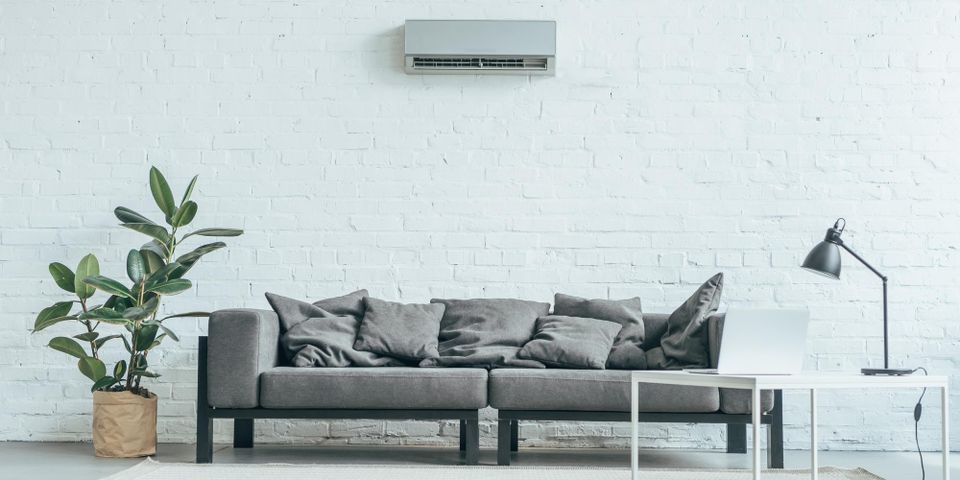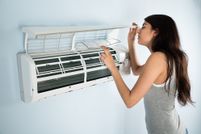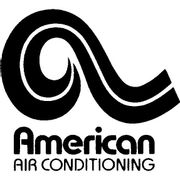How Does Humidity Affect Your Central Air Conditioning?

When humidity levels are high, a hot day can feel even hotter. This is because it takes moisture longer to evaporate when there is water in the air. While a central air conditioning system is designed to remove moisture from the air, high humidity can cause problems with the performance of the unit. Below is a comprehensive overview of how humidity affects air conditioning and what you can do to keep your unit running efficiently.
How Indoor Humidity Affects Air Conditioning
 Moist air, musty odors and foggy windows are all symptoms of high indoor humidity levels. When this occurs, your air conditioning system must work harder to remove moisture from the air and keep your home cool. If your air conditioning system is not capable of cooling your home under these conditions, your bills will rise, but you will be unable to reap the benefits of your AC unit.
Moist air, musty odors and foggy windows are all symptoms of high indoor humidity levels. When this occurs, your air conditioning system must work harder to remove moisture from the air and keep your home cool. If your air conditioning system is not capable of cooling your home under these conditions, your bills will rise, but you will be unable to reap the benefits of your AC unit.
How to Lower Indoor Humidity
Installing a dehumidifier in your home is an effective way to reduce humidity levels. This equipment sucks in moist air and removes the moisture before recirculating it back into the room. It also takes a lot of the pressure off of your air conditioning system, making it easier to control the temperature in your home and reduce your monthly utility bills. It’s also important to have an HVAC contractor to evaluate the AC system in your home to ensure it is sufficient for your space.
If you’re seeking central air conditioning repair or maintenance services on Oahu, HI, turn to American Air Conditioning. The highly-trained HVAC technicians specialize in repairs and installations for a variety of heating and cooling systems, everything from window units to ductless and central air conditioning systems. They are also known for their affordable prices and commitment to exceptional customer service. Call (808) 847-0851 to schedule an appointment with one of their contractors or visit them online for more information about their products and services.
About the Business
Have a question? Ask the experts!
Send your question

